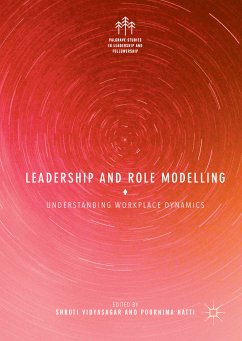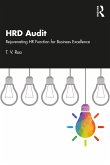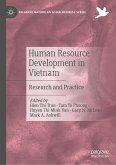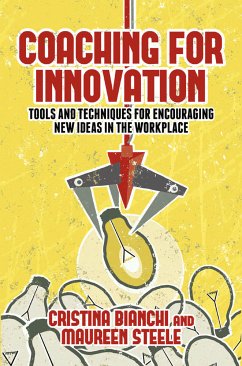-Aarti Ramaswami, Academic Director and Associate Professor of Management, ESSEC Business School Asia-Pacific, Singapore
This edited volume explores the influence of role modelling as a process in the workplace; in particular, whether it can aid career development, offer psycho-social support, and provide the motivation and means to achieve goals. Chapters examine whether the dynamics of personal identification and self-belief can affect the way that role models are chosen, placing emphasis on geographical diversity and cultural aspects. By includingstudies of gender and followership in both American and Indian settings, the scholars and practitioners who contribute to this collection outline key aspects of role modelling, and its effect as a developmental tool in the workplace, from the perspective of the individual and organisations. This book is a valuable resource for academics interested in organisations, management, and diversity, as well as practitioners and policy-makers involved in leadership programmes, who will find its collection of both theoretical and empirical findings extremely useful.
Dieser Download kann aus rechtlichen Gründen nur mit Rechnungsadresse in A, B, BG, CY, CZ, D, DK, EW, E, FIN, F, GR, HR, H, IRL, I, LT, L, LR, M, NL, PL, P, R, S, SLO, SK ausgeliefert werden.









